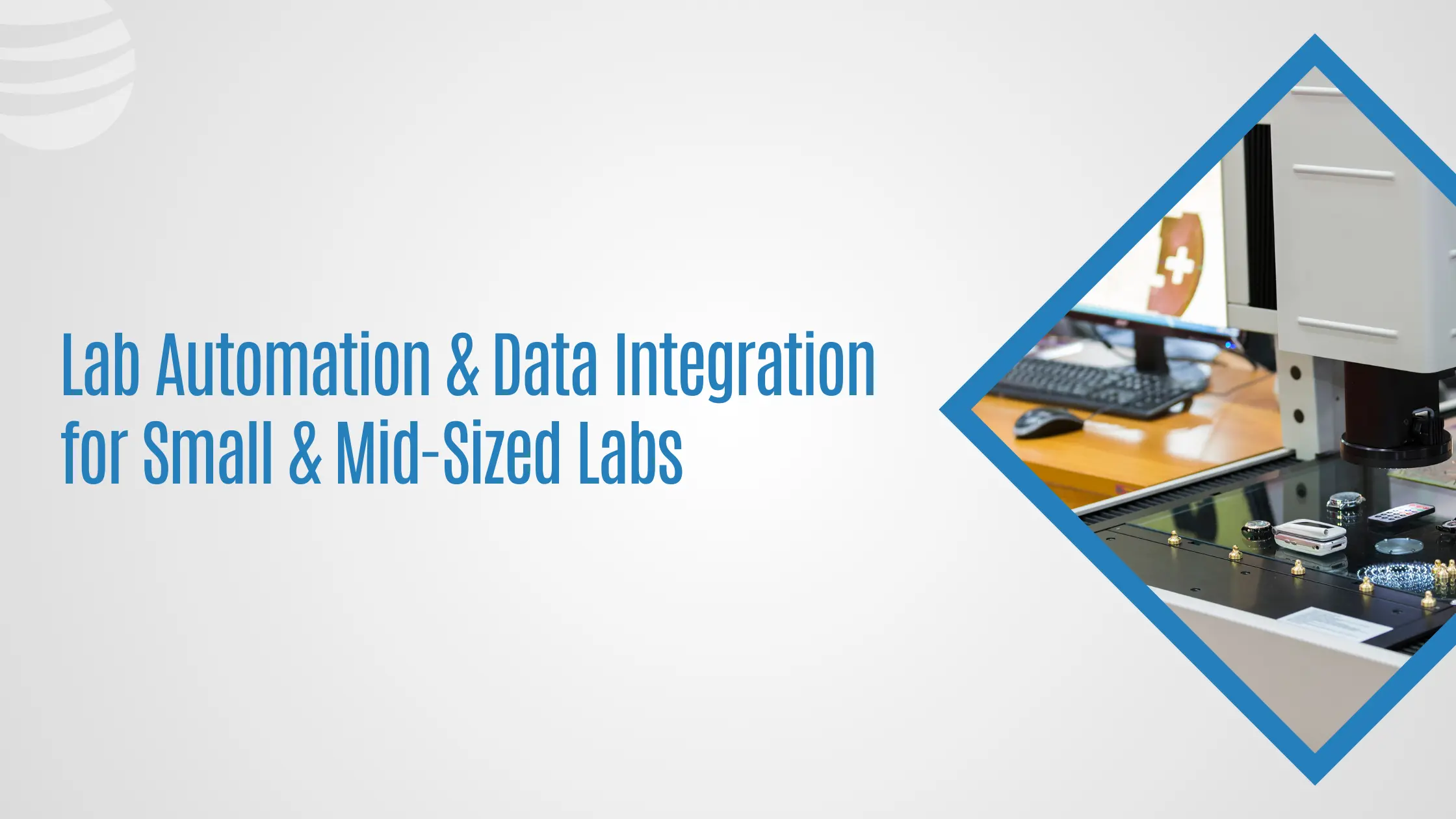

Lab Medicine and Precision Health
In the era of precision medicine, where treatments are tailored to individual patients based on their unique genetic makeup, lifestyle, and environmental factors, the role of laboratory medicine becomes increasingly crucial. Lab medicine not only aids in the diagnosis and monitoring of diseases but also plays a pivotal role in the advancement of precision health initiatives. In this deep dive, we’ll explore the intersection of lab medicine and precision health, understanding their significance, challenges, and future prospects.
Understanding Lab Medicine
Lab medicine, also known as clinical pathology, encompasses a broad range of medical disciplines focused on the analysis of bodily fluids, tissues, and cells to diagnose and monitor diseases. It includes clinical chemistry, hematology, immunology, microbiology, molecular pathology, and transfusion medicine. Through sophisticated techniques and technologies, lab professionals provide valuable insights into patient health, aiding clinicians in making informed decisions regarding patient care.
The Evolution of Precision Health
Precision health, often used interchangeably with precision medicine or personalized medicine, represents a paradigm shift in healthcare. Instead of employing a one-size-fits-all approach, precision health seeks to tailor medical interventions to the individual characteristics of each patient. This approach considers genetic variations, lifestyle factors, environmental influences, and socio-economic determinants of health to deliver targeted and effective treatments.
Role of Lab Medicine in Precision Health
Lab medicine serves as the backbone of precision health initiatives by providing accurate and timely diagnostic information. Through advanced testing methods such as genomics, proteomics, and metabolomics, laboratories can uncover subtle molecular signatures associated with diseases. These insights enable healthcare providers to predict disease susceptibility, customize treatment plans, and monitor therapeutic responses with precision.
Advancements in Lab Technologies
Recent advancements in lab technologies have significantly enhanced the capabilities of diagnostic laboratories in supporting precision health initiatives. Next-generation sequencing (NGS) allows for rapid and comprehensive analysis of an individual’s genetic makeup, enabling the identification of disease-causing mutations and genetic predispositions. High-throughput mass spectrometry facilitates the profiling of proteins and metabolites, providing valuable insights into disease pathways and biomarker discovery.
Challenges and Opportunities
Despite its immense potential, the integration of lab medicine into precision health poses several challenges. Standardization of testing methodologies, interpretation of complex data, and ensuring data privacy and security are among the key challenges faced by laboratories. Additionally, the implementation of precision health approaches requires collaboration among various stakeholders, including healthcare providers, researchers, policymakers, and industry partners.
However, these challenges also present opportunities for innovation and collaboration. By leveraging emerging technologies such as artificial intelligence and machine learning, laboratories can enhance the accuracy and efficiency of diagnostic testing. Interdisciplinary collaborations between clinicians, scientists, and informaticians can facilitate the translation of research findings into clinical practice, driving the adoption of precision health approaches.
Future Directions
Looking ahead, the future of lab medicine and precision health holds great promise. With continued advancements in technology and increasing emphasis on personalized healthcare, we can expect to see further integration of molecular diagnostics, digital health technologies, and big data analytics into clinical practice. Precision health initiatives will become more widespread, leading to improved patient outcomes, reduced healthcare costs, and a shift towards proactive and preventive care.
Conclusion
Lab medicine plays a central role in the advancement of precision health, providing critical diagnostic information that guides personalized treatment decisions. Through the integration of advanced technologies and interdisciplinary collaboration, laboratories are poised to drive innovation in healthcare delivery and improve patient outcomes. As we continue to unravel the complexities of human biology, lab medicine will remain at the forefront of the precision health revolution, ushering in a new era of personalized medicine.
The intersection of lab medicine and precision health represents a transformative shift in healthcare delivery, with the potential to revolutionize how we diagnose, treat, and prevent diseases. By harnessing the power of advanced technologies, interdisciplinary collaboration, and data-driven insights, we can unlock the full potential of precision health and improve patient outcomes on a global scale.



